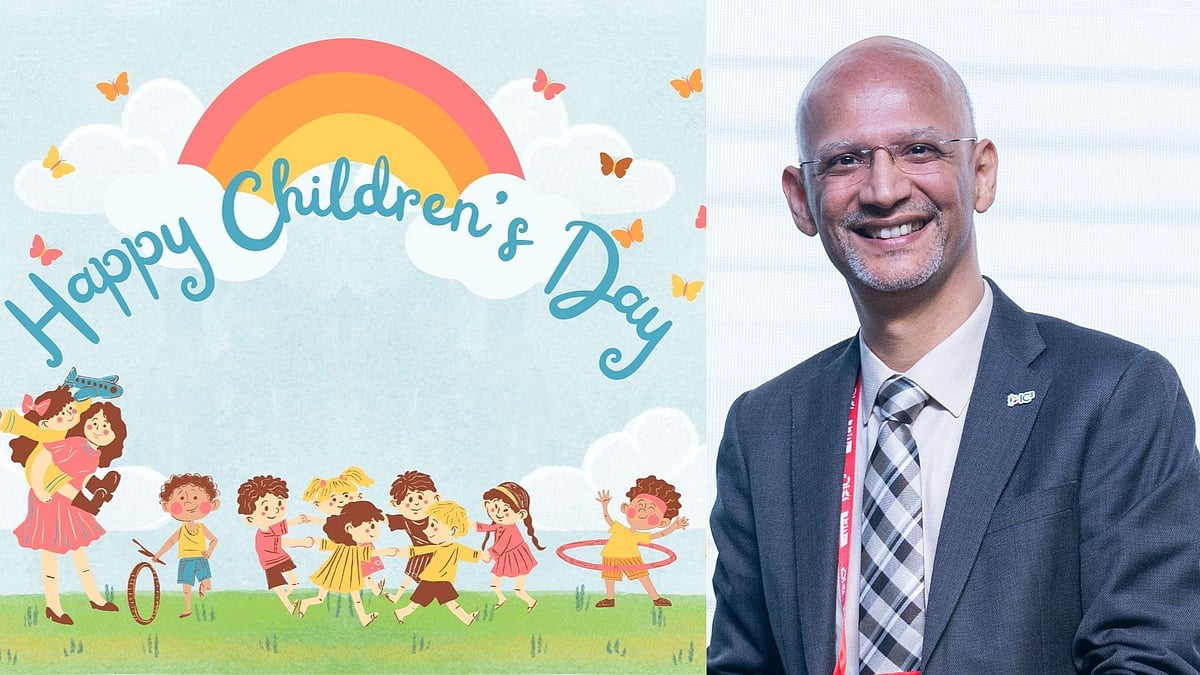Nearly 12000 Afghan migrants were deported from Iran and Pakistan within four days from July 3 to 6, said Afghan news outlet Khama Press. The news report cited Talibani Ministry of Refugees and Repatriation. The ministry has reportedly said that 11,997 Afghan migrants returned to Afghanistan after their expulsion by governments of Iran and Pakistan. A newsletter issued by the ministry said that the expelled migrants entered Afghanistan through border crossings in Torghundi, Spin Boldak, Islam Qala-Herat and Abreshim-Nimruz.
The issue of Afghan migrants has been a contentious one between the Taliban-led Afghanistan and its neighbours particularly Pakistan which is keen on return of this migrant population, a large chunk of which has crossed border illegally.
However, insistence of Afghanistan's neighbours on return of the refugees may in itself create humanitarian crisis and worsen the already dire situation in Afghanistan.
Many of those deported are likely to face uncertainty as the country is in economic crisis and even basic services are not available to majority of citizens.
The sudden influx of people is putting strain on humanitarian efforts.
The process of forced deportations is attracting global criticism. Rights groups are expressing concern about safety and well-being of these deportees while also saying that these deportations violate international law and the principle of non-refoulement. This principle opposes forced return of refugees who face persecution or serious harm in their home country. Many of those being deported are women and children.
Taliban's takeover of Afghanistan after US-led coalition's exit from the country stoked exodus of thousands of Afghans who feared return of the terrorist group.
Many, if not all, of these Afghans worked directly or indirectly with the US-led coalition and have legitimate concerns about retribution from Taliban.
Taliban made a show of their new regime being relatively progressive one, the group soon reverted back to the old ways, gradually limiting women's presence from social life, denying them education and more.
(With inputs from agencies)





.jpg)





